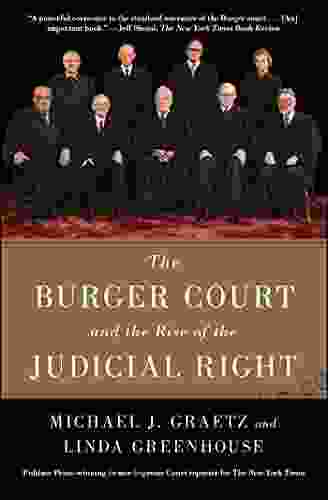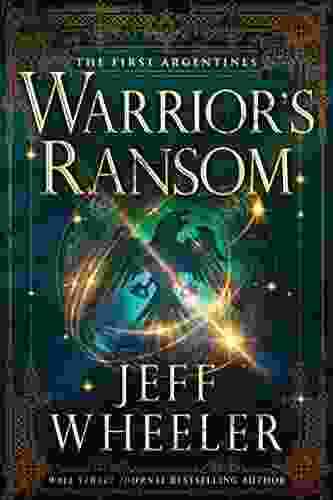The Burger Court: A Pivotal Era in the Rise of Judicial Conservatism

The Burger Court, named after its Chief Justice, Warren Burger, served as the Supreme Court of the United States from 1969 to 1986. This era marked a significant shift in the Court's ideology, with the rise of a conservative majority that would have a lasting impact on American jurisprudence. The Burger Court's decisions significantly influenced various areas of law, including civil rights, criminal procedure, and the balance of power between the federal government and the states.
Warren Burger, a Republican appointee of President Richard Nixon, became Chief Justice in 1969, replacing Earl Warren, who had led the Court during the Warren Court era. Burger, a former federal judge, was known for his conservative views and a desire to restore Free Download and discipline to the Court. He believed that the Warren Court had been too activist and had overstepped its proper role.
During the Burger Court era, conservative justices gradually gained a majority on the Court. In addition to Burger, President Nixon appointed Lewis Powell, William Rehnquist, and Harry Blackmun. President Gerald Ford later appointed John Paul Stevens, who initially aligned with the conservative bloc but later became a swing vote. These conservative justices shared a common belief in limiting the role of the federal government and upholding traditional values.
4.4 out of 5
| Language | : | English |
| File size | : | 45158 KB |
| Text-to-Speech | : | Enabled |
| Screen Reader | : | Supported |
| Enhanced typesetting | : | Enabled |
| Word Wise | : | Enabled |
| Print length | : | 481 pages |
The Burger Court issued a series of landmark decisions that reshaped American law. These included:
The Burger Court's decisions significantly shifted the balance of power between the federal government and the states. The Court's conservative majority often favored states' rights over federal regulation, limiting the scope of federal laws in areas such as criminal justice and education.
The Burger Court's decisions also had a lasting impact on civil rights and criminal procedure. While the Court reaffirmed the importance of civil rights, it also upheld the authority of law enforcement and restricted the rights of criminal defendants.
The Burger Court era marked a turning point in the history of the Supreme Court. The Court's conservative majority ushered in a new era of judicial conservatism, which would continue to shape American law for decades to come. The Burger Court's decisions remain the subject of debate and controversy, with scholars and policymakers continuing to analyze their impact on American society.
The Burger Court was a period of significant change and transition for the Supreme Court. Chief Justice Warren Burger and the conservative majority on the Court left a lasting legacy on American jurisprudence. The Court's decisions continue to shape the balance of power between the federal government and the states, as well as the rights of individuals in criminal cases and other areas of law. The Burger Court era remains a pivotal moment in the history of the Supreme Court.
Relevant :
Supreme Court of the United States, Warren Burger, conservative majority, landmark decisions, Roe v. Wade, Miranda v. Arizona, Bakke v. University of California Regents, Gregg v. Georgia, civil rights, criminal procedure, balance of power, legacy.
4.4 out of 5
| Language | : | English |
| File size | : | 45158 KB |
| Text-to-Speech | : | Enabled |
| Screen Reader | : | Supported |
| Enhanced typesetting | : | Enabled |
| Word Wise | : | Enabled |
| Print length | : | 481 pages |
Do you want to contribute by writing guest posts on this blog?
Please contact us and send us a resume of previous articles that you have written.
 Book
Book Novel
Novel Page
Page Chapter
Chapter Text
Text Story
Story Genre
Genre Reader
Reader Library
Library Paperback
Paperback E-book
E-book Magazine
Magazine Newspaper
Newspaper Paragraph
Paragraph Sentence
Sentence Bookmark
Bookmark Shelf
Shelf Glossary
Glossary Bibliography
Bibliography Foreword
Foreword Preface
Preface Synopsis
Synopsis Annotation
Annotation Footnote
Footnote Manuscript
Manuscript Scroll
Scroll Codex
Codex Tome
Tome Bestseller
Bestseller Classics
Classics Library card
Library card Narrative
Narrative Biography
Biography Autobiography
Autobiography Memoir
Memoir Reference
Reference Encyclopedia
Encyclopedia Roxanne Veletzos
Roxanne Veletzos Thomas Morley
Thomas Morley Seth Hunter
Seth Hunter Terry Mcdermott
Terry Mcdermott William G Brueggemann
William G Brueggemann Zak Cope
Zak Cope Jim Vann Drifter
Jim Vann Drifter Judith Rodin
Judith Rodin Jeff Zwiers
Jeff Zwiers Jimmy Santiago Baca
Jimmy Santiago Baca Jeremy Scott
Jeremy Scott Jeremy A Henry
Jeremy A Henry Jean Leinhauser
Jean Leinhauser Joan Johnson Freese
Joan Johnson Freese Jeremy D Bailey
Jeremy D Bailey Per Olov Enquist
Per Olov Enquist Tiger Hebert
Tiger Hebert Matt Strain
Matt Strain Jee Utrecht
Jee Utrecht Michael Busha
Michael Busha
Light bulbAdvertise smarter! Our strategic ad space ensures maximum exposure. Reserve your spot today!

 Stan WardPrepare for the Epic Fantasy Adventure: "Invader: Dark Blade" - Unveiling the...
Stan WardPrepare for the Epic Fantasy Adventure: "Invader: Dark Blade" - Unveiling the... Yasunari KawabataFollow ·6.1k
Yasunari KawabataFollow ·6.1k Edmund HayesFollow ·19k
Edmund HayesFollow ·19k Greg FosterFollow ·17.2k
Greg FosterFollow ·17.2k August HayesFollow ·8.2k
August HayesFollow ·8.2k Gabriel MistralFollow ·19k
Gabriel MistralFollow ·19k Jaden CoxFollow ·10.3k
Jaden CoxFollow ·10.3k Calvin FisherFollow ·18.2k
Calvin FisherFollow ·18.2k Ernesto SabatoFollow ·6.8k
Ernesto SabatoFollow ·6.8k

 Preston Simmons
Preston SimmonsEmbark on a Literary Odyssey with "Walking on Water": A...
Prepare to be swept...
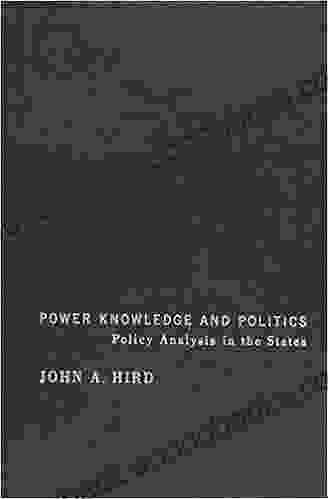
 Ernesto Sabato
Ernesto SabatoUnlocking Policy Analysis: Dive into the Intricacies of...
: The Realm of Policy...
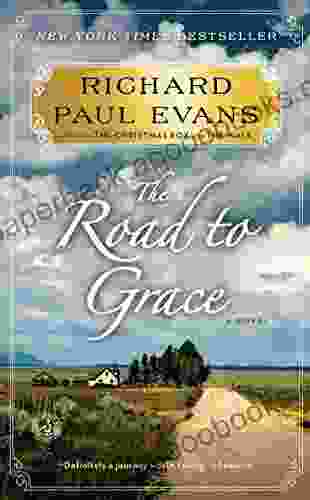
 Forrest Reed
Forrest ReedThe Road to Grace Walk: A Journey of Spiritual Growth and...
In the tapestry of life, we...
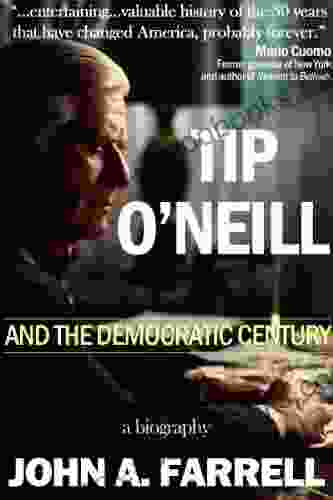
 Evan Simmons
Evan SimmonsTip Neill and the Democratic Century: A Political Odyssey...
The Rise of a Political Giant In the...

 Mark Mitchell
Mark MitchellUnwrap the Magic: A Review of Christmas Memory by Richard...
As the cold winter months draw near, and...

 Percy Bysshe Shelley
Percy Bysshe ShelleyBeyond the Veil: Delve into the Realm of Spirit with In...
Unveiling the Mysteries of the Unseen...
4.4 out of 5
| Language | : | English |
| File size | : | 45158 KB |
| Text-to-Speech | : | Enabled |
| Screen Reader | : | Supported |
| Enhanced typesetting | : | Enabled |
| Word Wise | : | Enabled |
| Print length | : | 481 pages |


